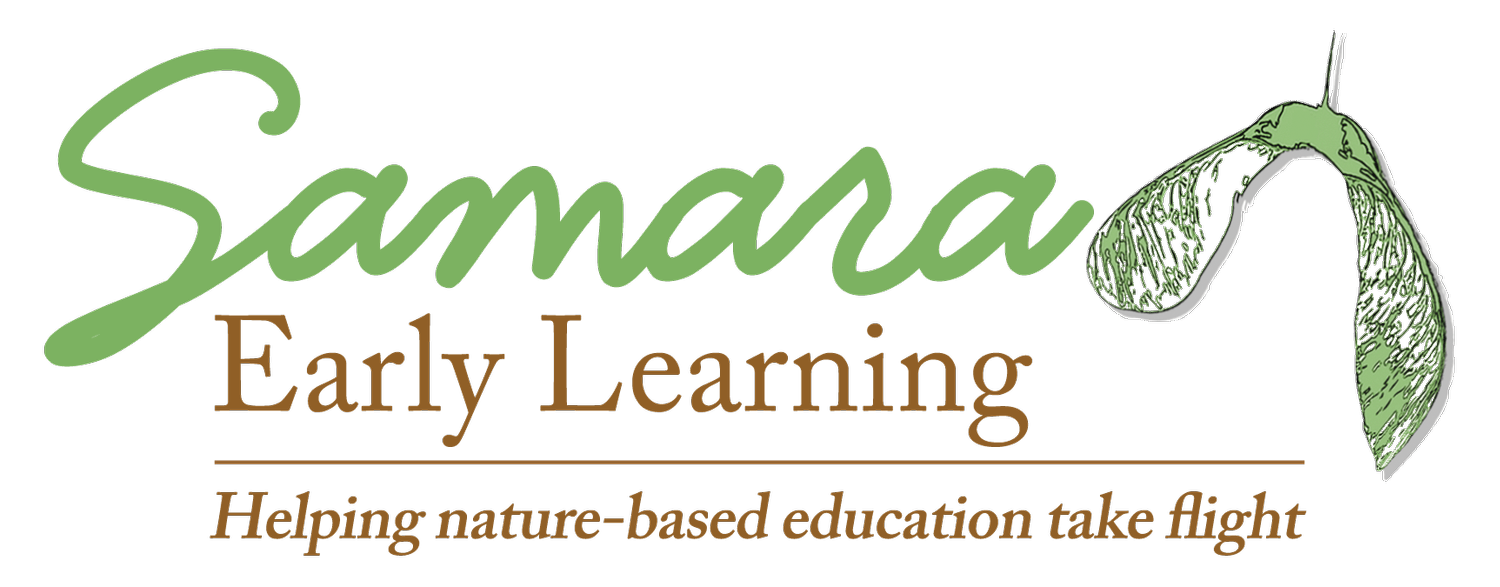Freebies!
Free resources related to nature-based early childhood education

Wonder walks & sit spots
Mindfulness. It’s a term that seems to be growing in popularity, but what is it? And does it have a place in nature-based early childhood education? Two strategies that bring mindfulness into our nature-based classrooms are Wonder Walks and Sit Spots.

Your place matters
Despite so much being universal, place is vital to our work in nature-based early childhood education. It’s universal that our programs connect to nature, but the plants, animals, and culture of our place are unique.

Don’t let regulations spook you
Whether you’re contemplating starting a school or you have a school and are considering integrating more nature-based approaches, at some point you’ve probably had thoughts about regulations.

Never wonder where your sense of wonder went
Maybe nature-based education ensures that we as teachers will hold onto our own sense of wonder. Our sense of wonder in nature. Our sense of wonder in children.

Opportunity shop
Opportunity shops (also known as thrift shops, resale shops, etc.) are one of my favorite places to shop for nature-based early childhood play supplies.
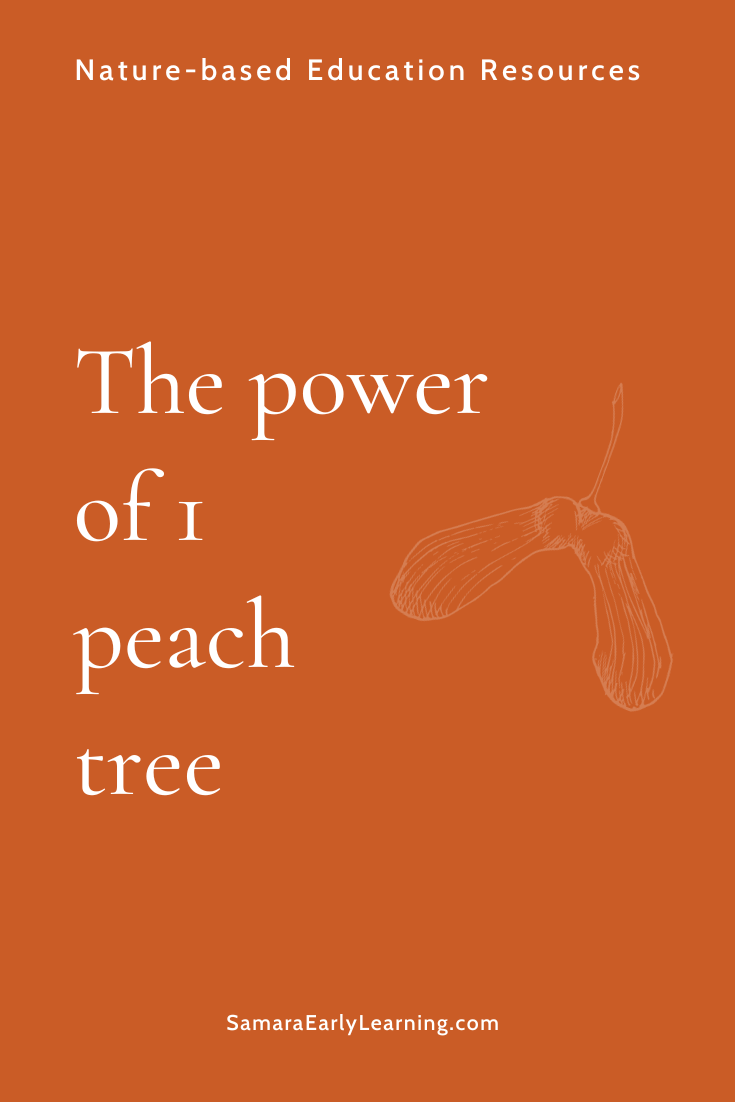
The power of 1 peach tree
A home provider recently shared this story with me about the peach tree in her backyard. She went on to describe the pure joy the children experienced in eating the peaches they had watched for so long, and I want to share it with you now.
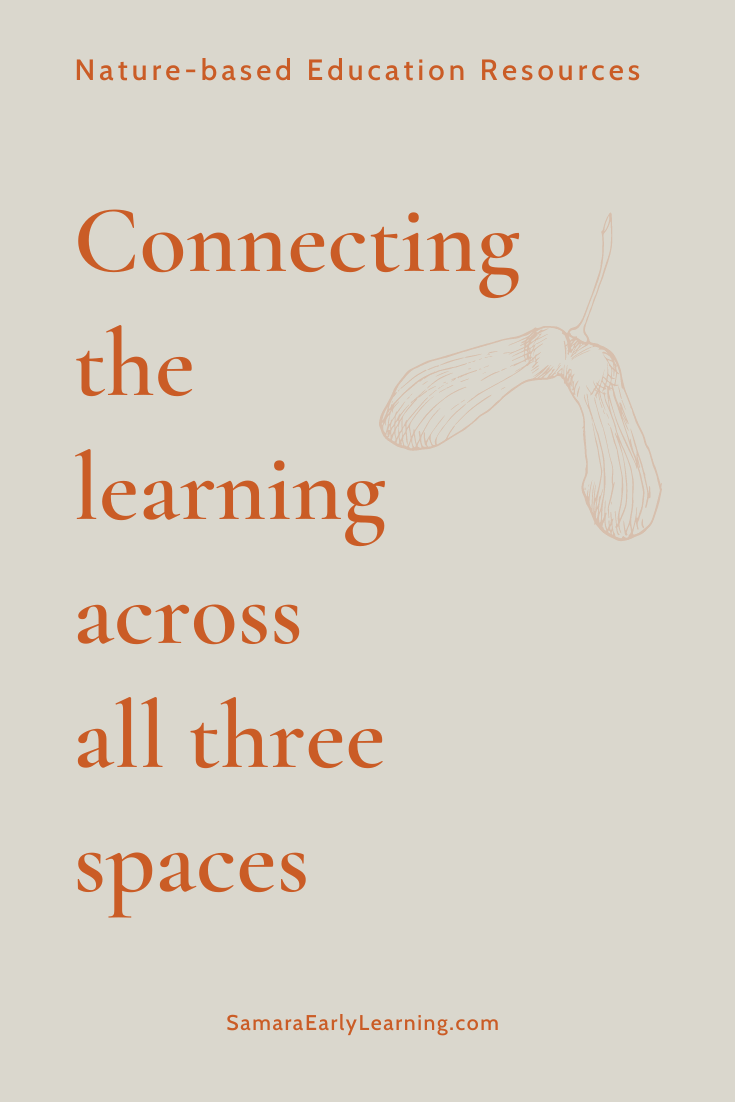
Connecting the learning across all three spaces
You’ve heard me talk about the three spaces of the Inside, Outside, and Beyond. While the spaces themselves are important, what brings nature-based pedagogy to life is how we use those spaces.
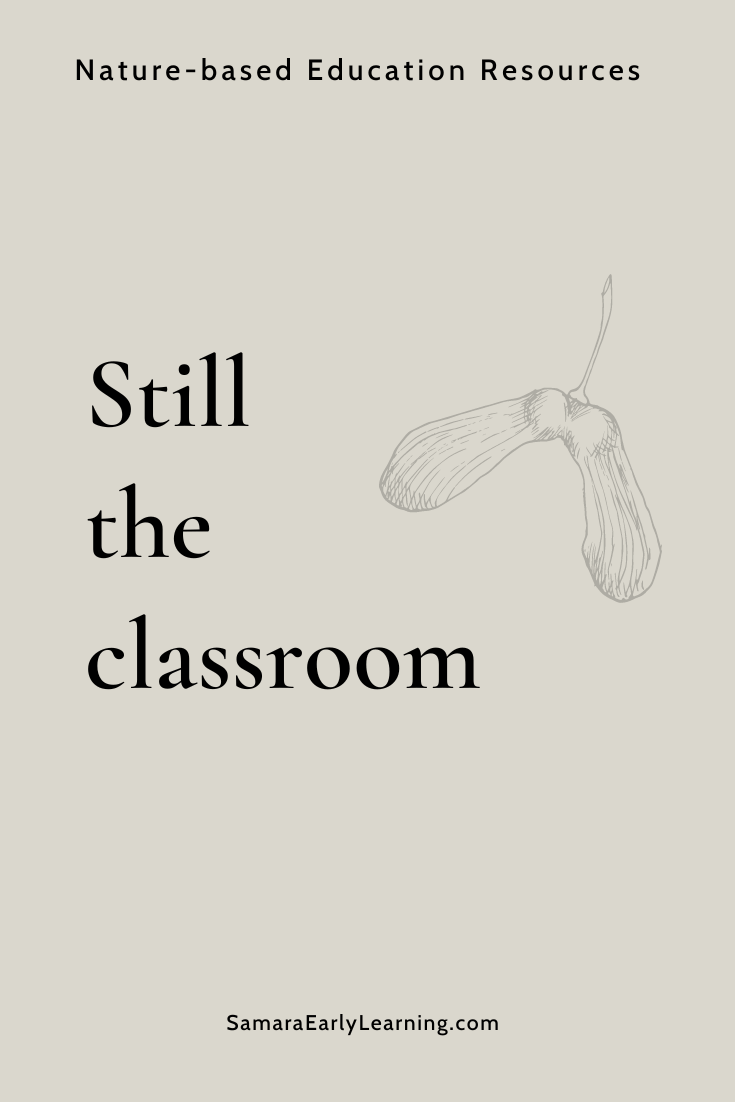
Still the classroom
By considering the types of play opportunities available, we can shift toward the outdoor play space truly serving as an extension of the classroom where teachers are as engaged in supporting children’s play as they are indoors.
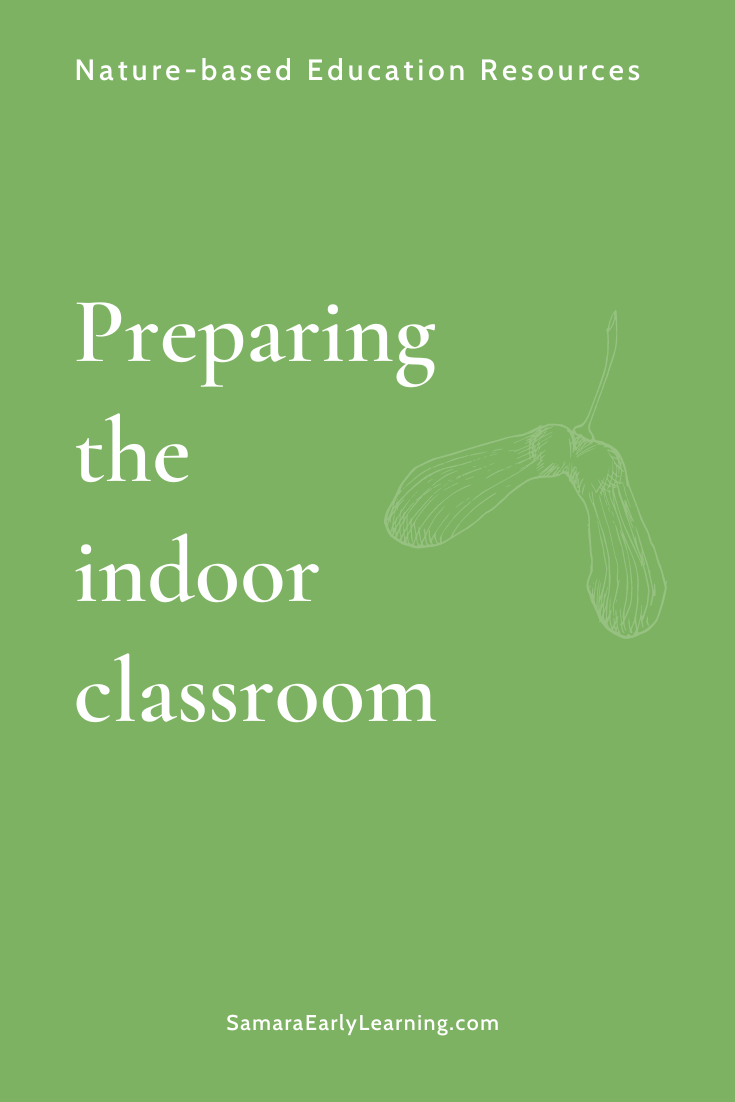
Preparing the indoor classroom
The start of the school year is typically when we tend to purchase the most consumable supplies, equipment, toys for our indoor classroom space. I want you to maximize your money by being intentional about the materials you choose so they encourage deep learning and hopefully learning with nature.
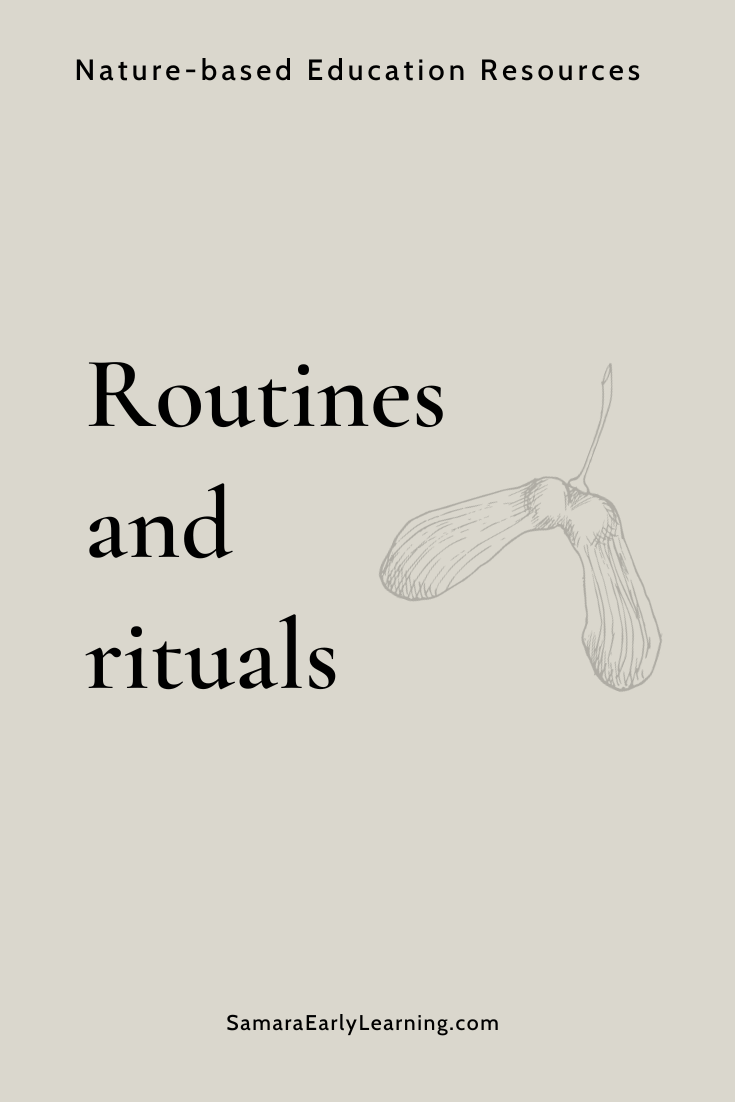
Routines & rituals
Rituals are about connection between people through eye contact, appropriate touch, presence, and playfulness. What if we intentionally worked to make our routines a time for connection?

Clear hiring is kind
“Clear is kind.” It’s a phrase Brené Brown uses often and it’s one of my favorites–particularly when it comes to hiring staff. And for many in the northern hemisphere, right now is the height of hiring between the end and beginning of the school years.
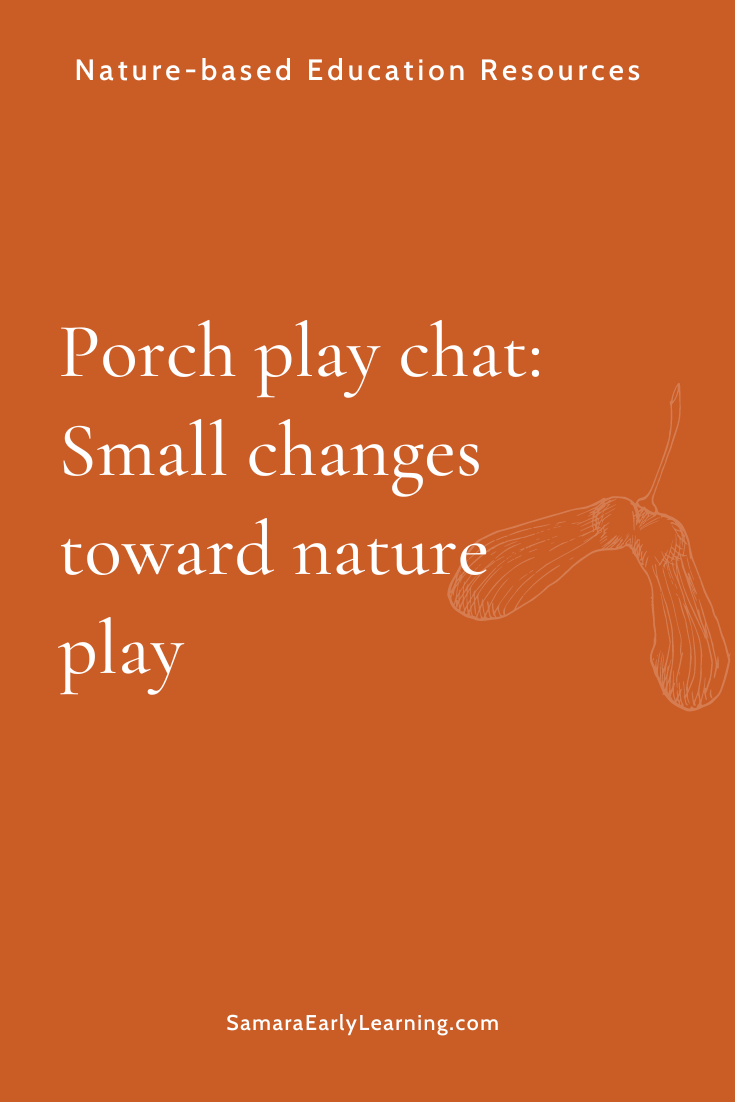
Porch play chat: Small changes toward nature play
In this video, Dr. Rachel A. Larimore & International Play Association USA President, Deb Lawrence, sit down and discuss the importance of play in learning.

Play area clarifications
As the nature-based education movement grows there are more and more playgrounds that look natural, but function the same as a traditional playground–with few choices for play, minimal loose parts, and heavy emphasis on physical play rather than a mix of play types.

Not fun, necessary
Policies and procedures. Probably not your favorite topic, eh? It’s not my favorite either.

Belonging through onboarding
The onboarding process should create a sense of belonging. New staff should feel they belong and are part of the team while also feeling they can be their authentic selves as a member of the team.
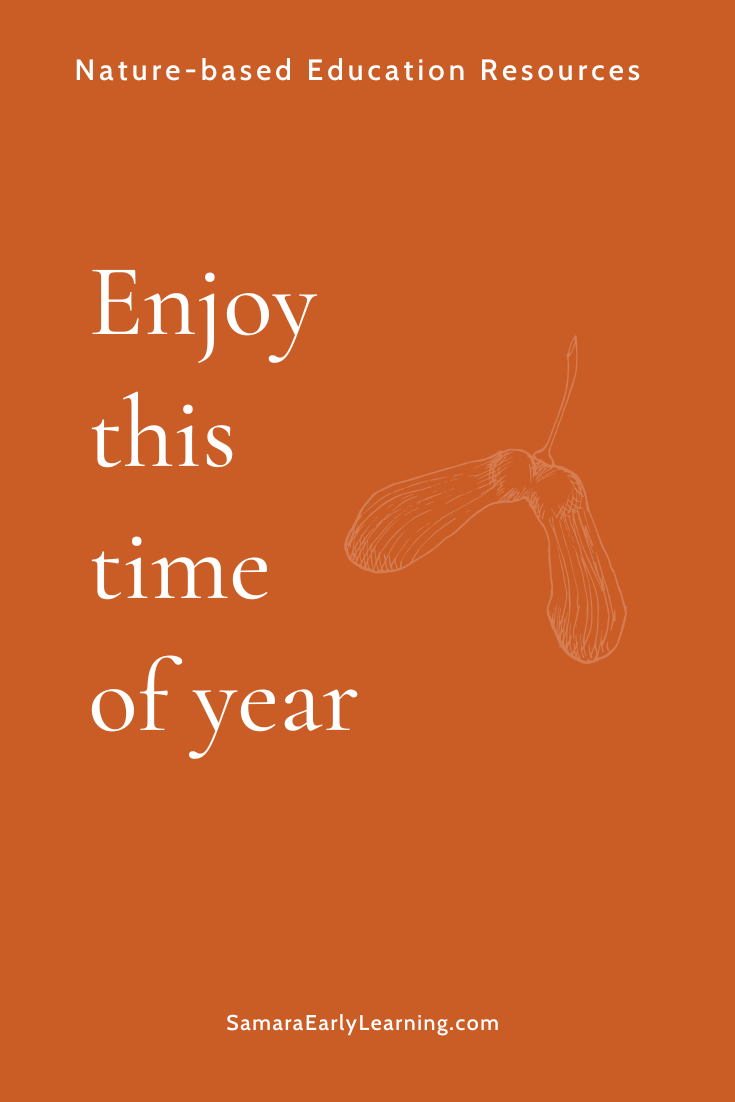
Enjoy this time of year
Spring is a GLORIOUS time in a nature-based program! Yes, it’s busy and chaotic. But, if we are mindful we are able to enjoy the wonders of this season.
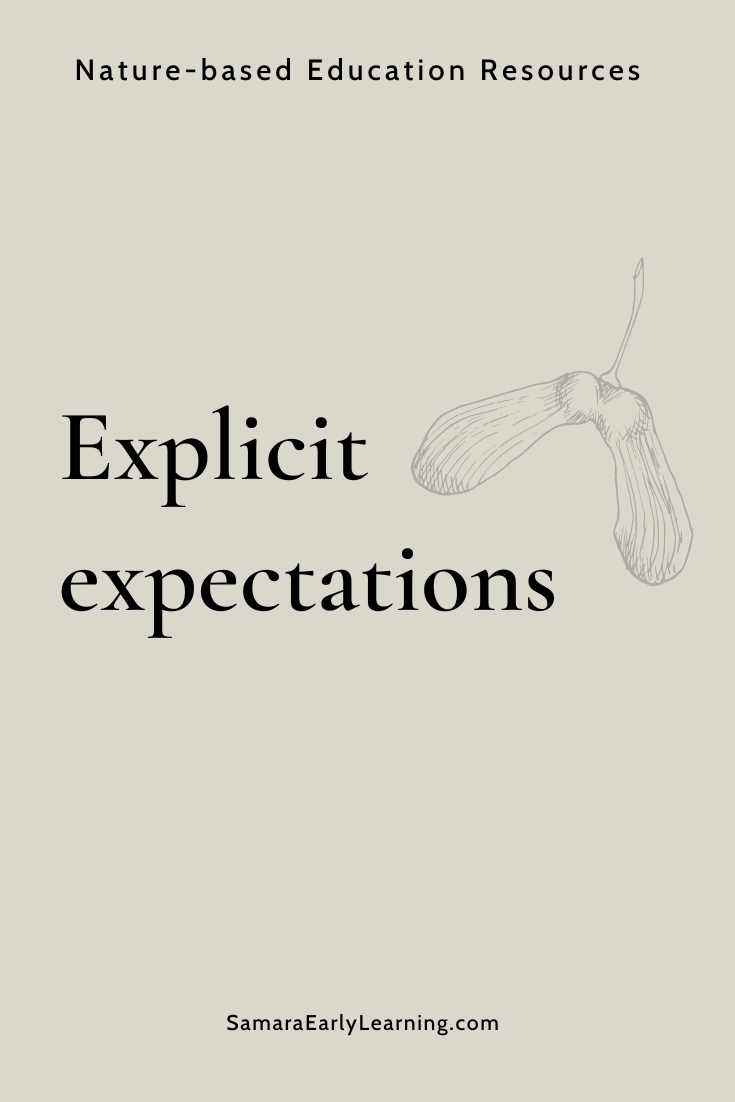
Explicit expectations
If expectations don’t match reality we can experience resentment, frustration, and a myriad of other emotions. It’s for this reason it’s important to be clear about our expectations–to ourselves and to others involved.
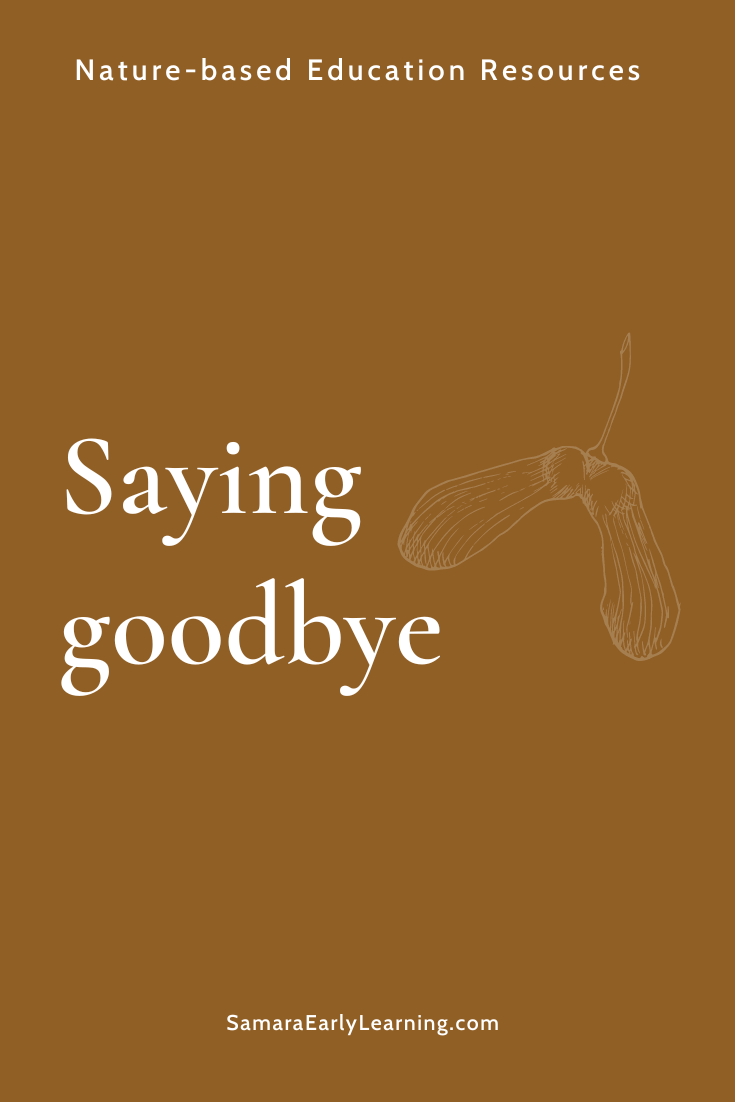
Saying goodbye
As the end of the school year is approaching, children, families, and teachers will be saying goodbye to routines and communities they’re accustomed to and starting anew.
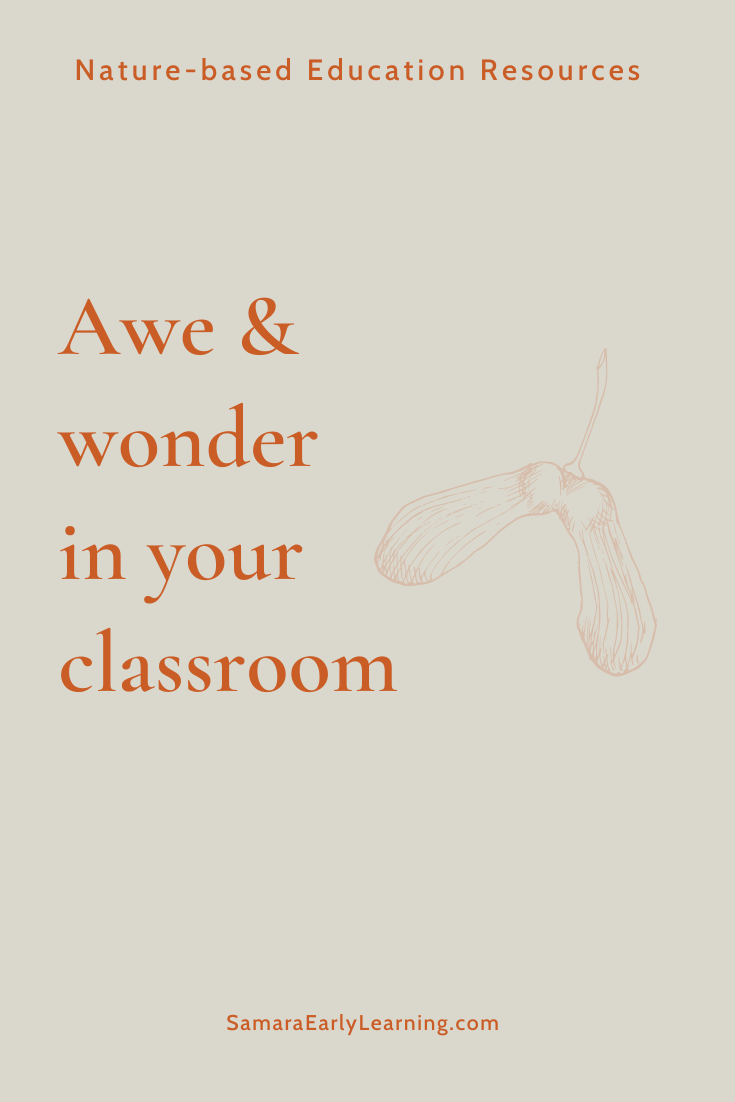
Awe and wonder in your classroom
Awe and wonder are two words I use a lot when discussing nature-based education. Recently, I listened to a podcast which opened my eyes to even more types of awe and wonder in the world – including the early childhood classroom.
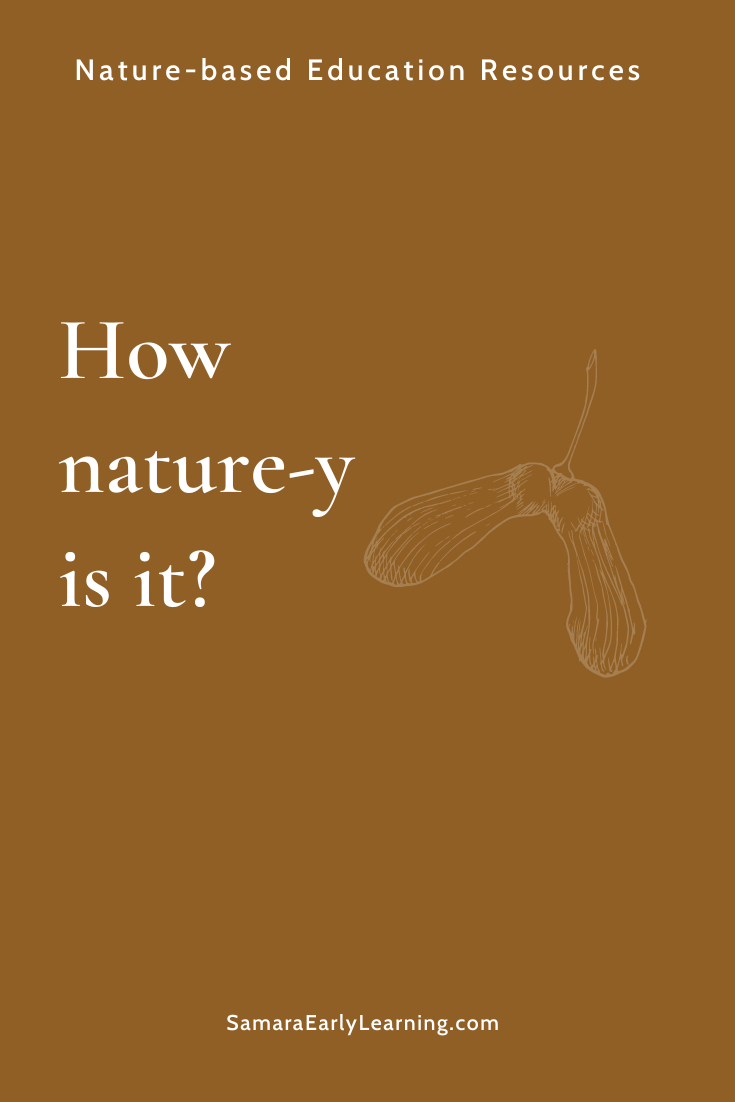
How nature-y is it?
The number of nature-based programs is continuing to increase throughout the world. This is great news! And yet...not all of these programs are really “nature-based.” Some programs go outside every day and call that enough.
